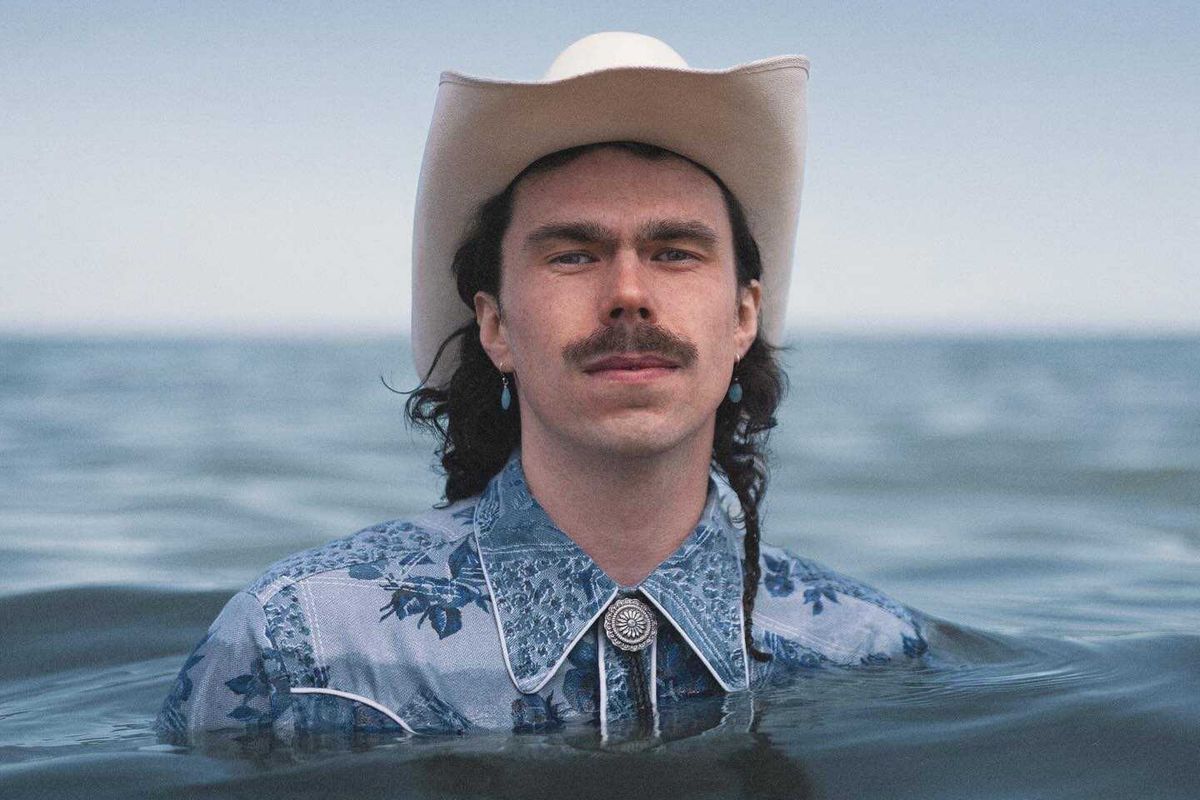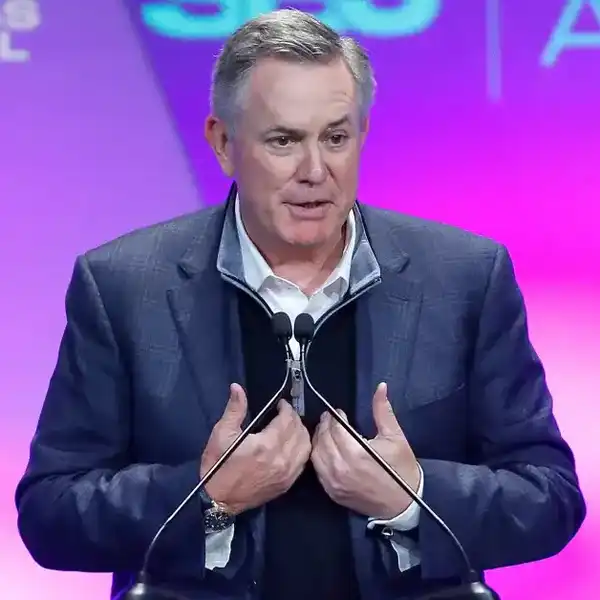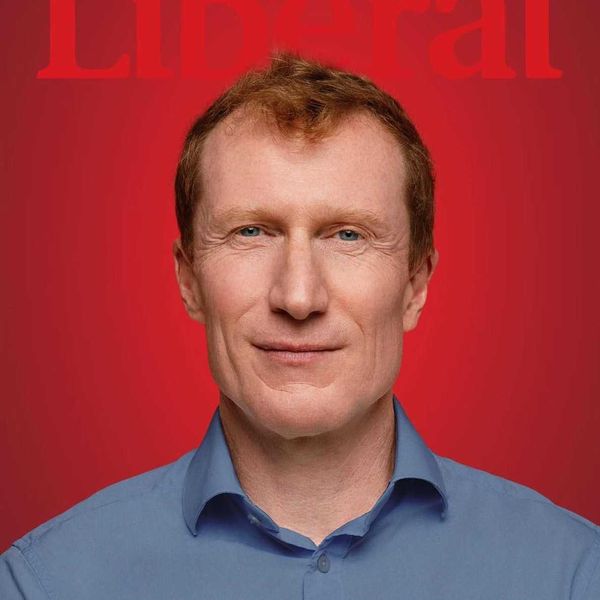
By David Farrell
Netflix and Cineplex in a tiff over TIFF screens
Relations between exhibitors and streamers seemed to warm during the heights of the pandemic, when multiplexes were starved for content after Hollywood distributors either held onto films or released them through their digital platforms, and theatres took whatever scraps of limited theatrical releases Netflix offered them. But today, even with studios pulling titles from the release calendar due to the continuing SAG-AFTRA strike, tensions between cinemas and streamers remain high, with both parties at odds over just how to best exploit the theatrical market. – Barry Hertz, The Globe and Mail
Competition Bureau ordered to pay $13M for Rogers/Shaw takeover snafu
The Commissioner of Competition must pay Rogers and Shaw nearly $13 million in costs related to the abortive attempt to block Rogers’ $26 billion takeover.
The Competition Tribunal has directed the commissioner to pay Rogers nearly $415,000 and Shaw $416,000 in counsel fees. The commissioner must also pay Rogers $9.2 million and Shaw $2.8 million for costs related to reports and expert witnesses during the late 2022 trial. – Nida Zafar, Mobile Syrup
CRTC announces plan to implement Online News Act
In an Aug. 24 news release, the regulator said it will launch a public consultation this fall, but no firm date has been given.
The Act was passed on June 22, 2023, and is expected to come into force on or before December 19, 2023. It establishes a mandatory bargaining regime supervised by the CRTC, whereby eligible news businesses can seek compensation from digital news intermediaries who are making news content available on their platforms. For example, a Canadian news outlet could seek compensation from a social media service for links sharing their news stories. Blake, Cassels & Graydon’s Sunny Handa, Céline Poitras and Liliane Langevin delve into the particulars here.
Why Heritage Minister Pascale St-Onge doesn’t seem to get how Bill C-18 works
Heritage Minister Pascale St-Onge went on a media offensive late last week, granting interviews to a wide range of publications. St-Onge noted that she had “positive” talks with Google and Meta that she hoped would result in a compromise and improbably claimed concern for users’ rights to share information online, an odd position given that Bill C-18 undermines the free flow of information online with its mandated payments for links approach. St-Onge got the headlines she was no doubt looking for, but it was pretty obvious that not much had changed, with Meta confirming that she had requested the meeting and that it is continuing to end news availability in Canada. While that was typical of the English-language coverage, St-Onge’s comments to French language outlets such as La Presse and Journal de Montreal added another dimension, with the Minister suggesting that companies should negotiate deals by year-end in order to become “exempt” from the law.
St-Onge may want to leave the impression that there is an easy out for the tech companies, yet the reality is those comments fundamentally misunderstand how Bill C-18 works. First, signing agreements does not result in an exemption from the law… – Michael Geist
John Tory returns to radio after resigning as mayor of Toronto
Looking a lot older, the once popular three-term mayor returned to radio as a temp host on Bell Media-owned NewsTalk 1010 morning drive show.
Meta’s news block causes chaos as Canada burns
…Canada believed it could play hardball and win, as Australia had done the year prior with its news media bargaining code. With the world watching, Canada rushed C-18 through before breaking for summer vacation. It hoped the legislation would set a precedent others could emulate. And then the wildfires struck.
Now, government officials and news outlets caught in the crossfire are learning a lesson in the hardest way possible: Meta does not bend to governments, even when lives are at stake. – Tracey Lindeman, Wired
Canada’s media bosses always get what they want
… The majority owner of Canada’s largest newspapers is now a New Jersey hedge fund which is bleeding them dry by also holding the bulk of their enormous debt. One advantage for the hedge fund is Ottawa’s willingness to continually bail out failing industries, as the CBC noted in 2019 that government subsidies for business exceed the country’s entire defence budget.
The $595 million bailout announced in 2018 has helped the vultures to collect another $150 million in interest payments over the past five years they have been able to continue feeding off our news media’s dying corpse. Ordering Google and Facebook to give them money would keep the shell game going even longer, perhaps indefinitely.
The only problem with this scheme is that Google and Facebook are apparently not prepared to be used as a piggy bank by our country’s news media. Facebook has announced that it will stop allowing its members to post links to Canadian news stories to avoid having to pay for the privilege. Google has been preparing to do the same. – Marc Edge, Canadian Dimension
CRTC halts new radio applications, causing mayhem for no good reason
The Canadian Radio-television and Telecommunications Commission (CRTC) has unexpectedly announced a halt on all new radio applications and complaints for a period of approximately two years. The move has left many radio broadcasters reeling, especially those facing immediate challenges.
Kevin Desjardins, president of the Canadian Association of Broadcasters, expressed concern, stating that many stations have been effectively told they cannot raise any issues until the implementation of the Online Streaming Act is complete, reports The National Post.
Several association members of the National Campus and Community Radio Association, already deep into the application process, might now find it difficult to remain sustainable due to unforeseen costs, said Barry Rooke, executive director. Rooke said that around half a dozen new stations aiming to apply with the CRTC will face sustainability challenges. – John Quintet, iPhone in Canada
The most-viewed YouTube videos of all time
While commercial music videos once dominated the rankings of the most-viewed videos on YouTube, they have since faced stiff competition from an unlikely source: nursery rhymes and children’s educational videos.
This graphic pulls up the 20 most viewed videos on YouTube, revealing the rising demand for kid-focused content and videos as of August 2023. – Freny Fernandes, Visual Capitalist
Amazon Is poised to beat TV networks at measurement game with Nielsen partnership
Amazon and Nielsen have been discussing such an alliance since earlier this year after the two sides clashed over two different accountings of streams of last season’s “Thursday Night Football.” Nielsen’s tabulation, long based primarily on the reactions it gleaned from viewer panels, discovered an audience that was 18% smaller than the one Amazon found using its understanding of how many devices were streaming its Thursday night feed. The two have worked together to reconcile their work. – Brian Steinberg, Variety
Is ChatGPT Even Legal?
…Canada’s Office of the Privacy Commissioner and its provincial affiliates are asking a similar question: Did ChatGPT process the personal information of Canadians without expressed consent? The answers to these concerns and OpenAI’s response will shape the extent to which generative AI tools can be built on public data protected by privacy laws.
Foundational models could be at odds with copyright law, too. Normally, making a copy of copyrighted work carries legal and financial consequences. There are exemptions, however, such as fair dealing in Canada (or the similar concept of fair use in the United States). Fair dealing means that you can make a copy for “the purpose of research, private study, education, parody or satire.” Notice that copying data to train a commercial foundational model does not appear on the list. – Fenwick McKelvey, The Walrus
Why we are heading toward a ‘post-generational society’
… Over the past 150 years or so, every generation has been told to follow the exact same rules all over the world, from Japan to the United States and from Scandinavia to the southern tip of Africa. Meanwhile, wars were fought, empires came and went, women gained the right to vote, and we set foot on the moon and dispatched robotic rovers to Mars. But we continued to live our lives in the same old way, one generation after another, in endless reprise.
This state of affairs is becoming obsolete due to long-standing demographic transformations. – Mauro Guillen, Fast Company
The mugshot that trumps all mugshots
It’s a rich, equivocal image. The 45th President glares at the camera, his face pitched forward, frame right, and cast in the shadow of swooped hair. Below, he wears a blue suit and a red tie that draws out the vessels of his eyes. Critics will see the menacing glower of a villain, supporters a look of steely determination. Some will find in it a symbol of justice triumphing over a man who had evaded it for so long; others a metaphor for the modern American political machine: tired, corrupt, sensationalized.
It is also just a typical mug shot. The resolution is low, and the lighting is poor. These images, it’s easy to forget, are designed to degrade their subjects. They are unregulated, prejudicial instruments of police punishment. – Taylor Dafoe, artnet news
God told me I needed a new private jet to spread his word
Televangelist Jesse Duplantis says that God told him he needed a fourth private plane and he’s asking his followers to foot the bill for $54M.


















